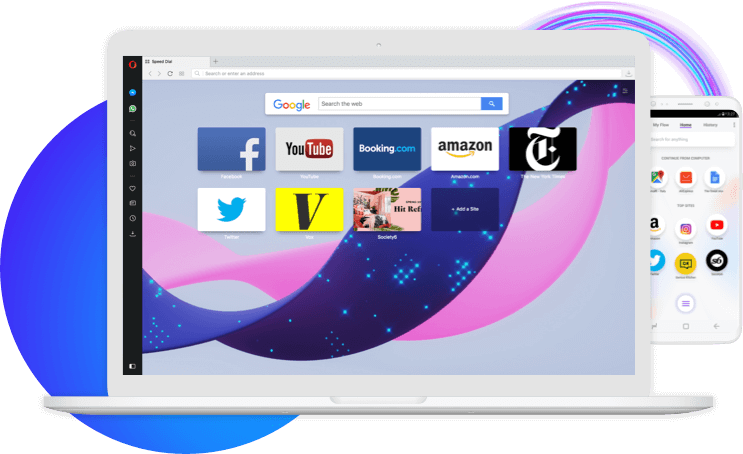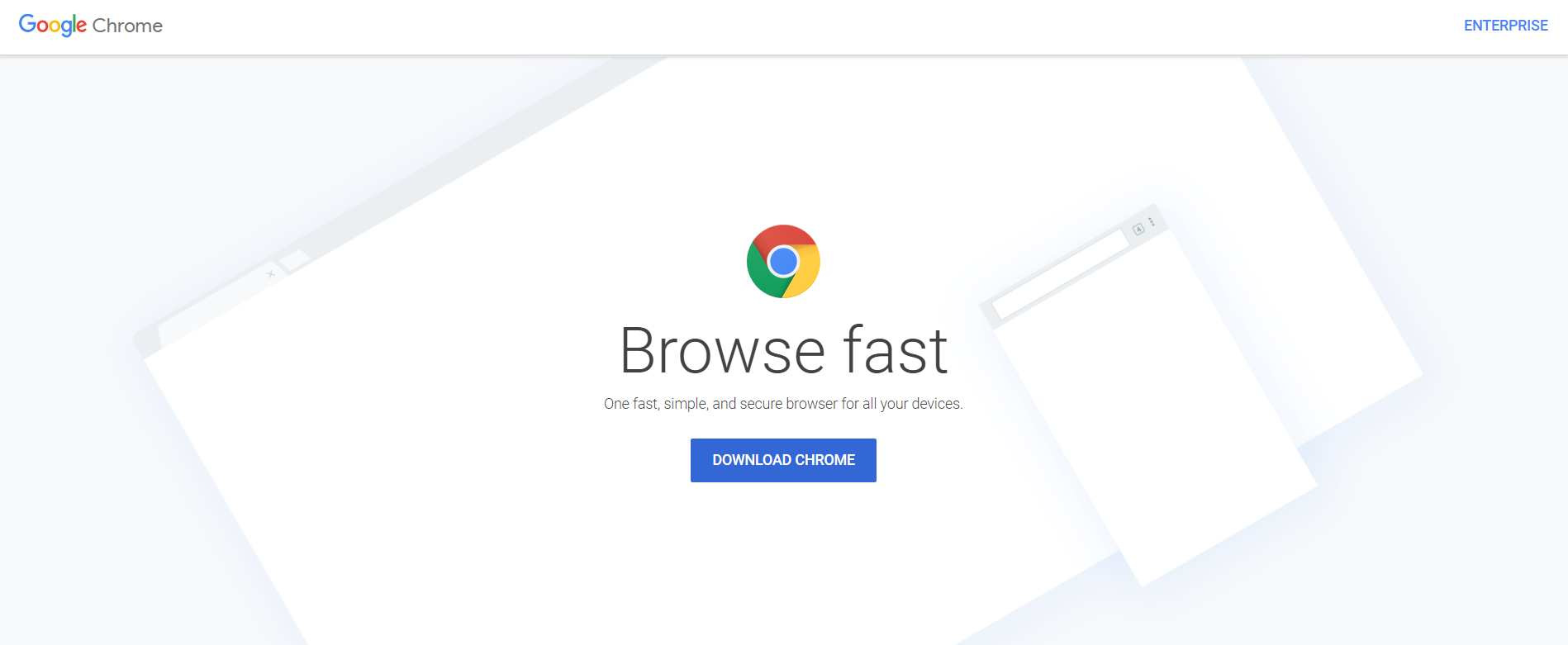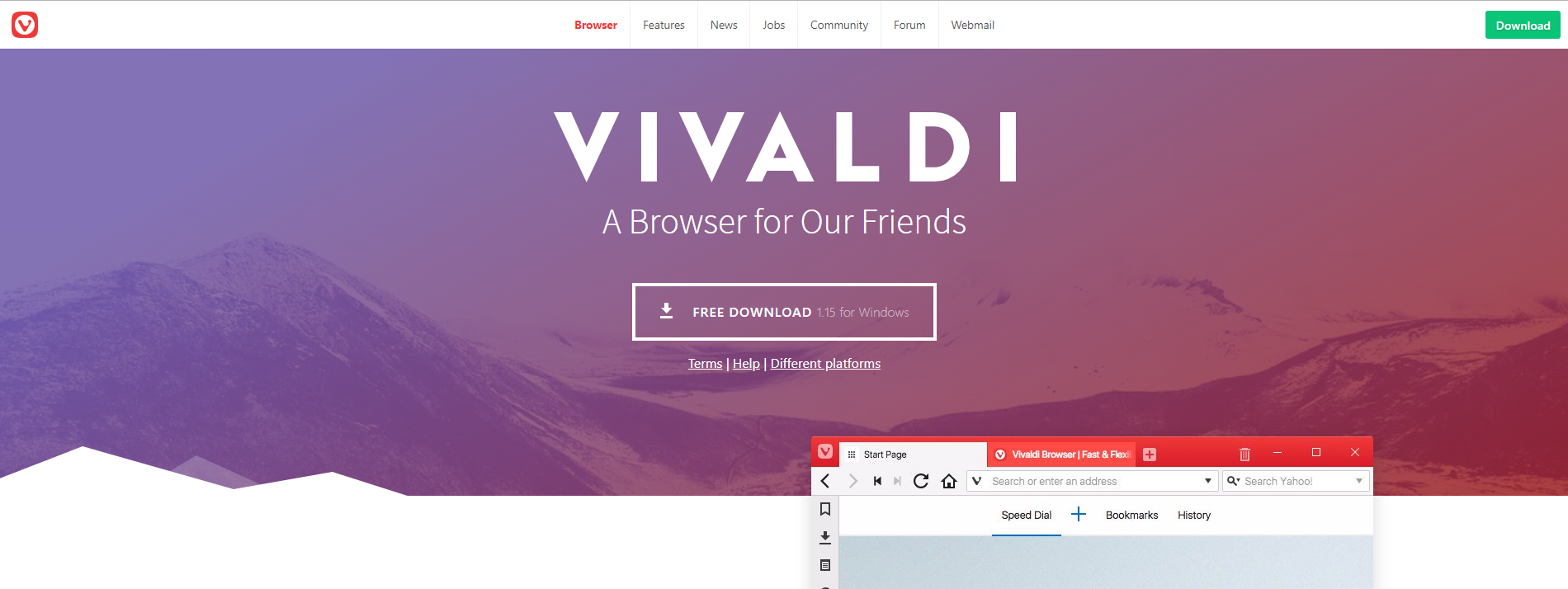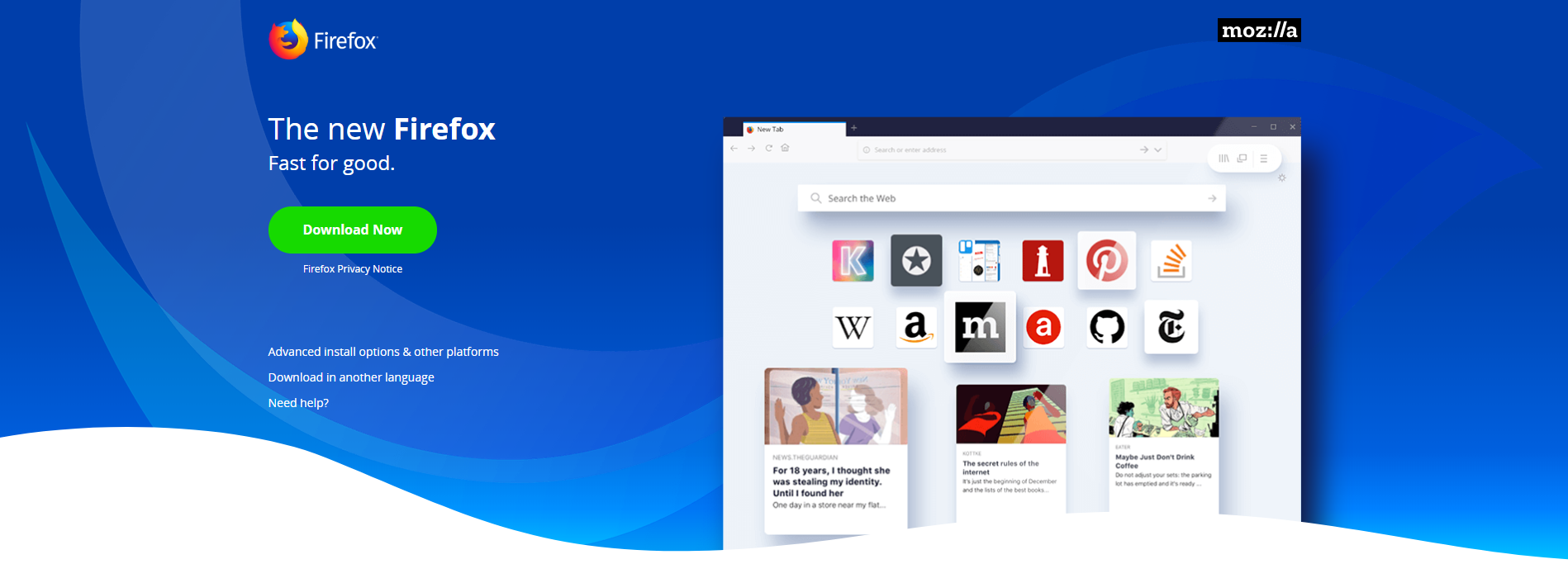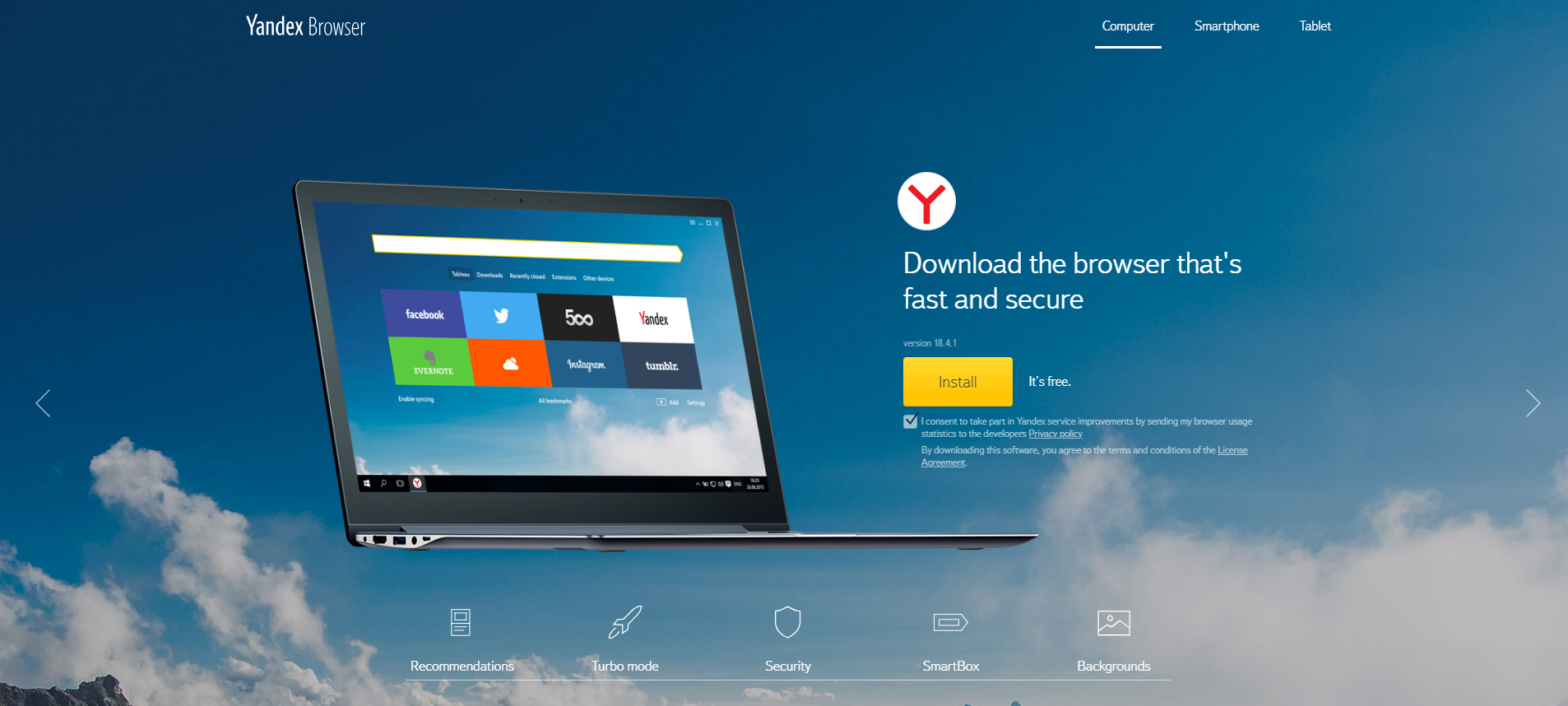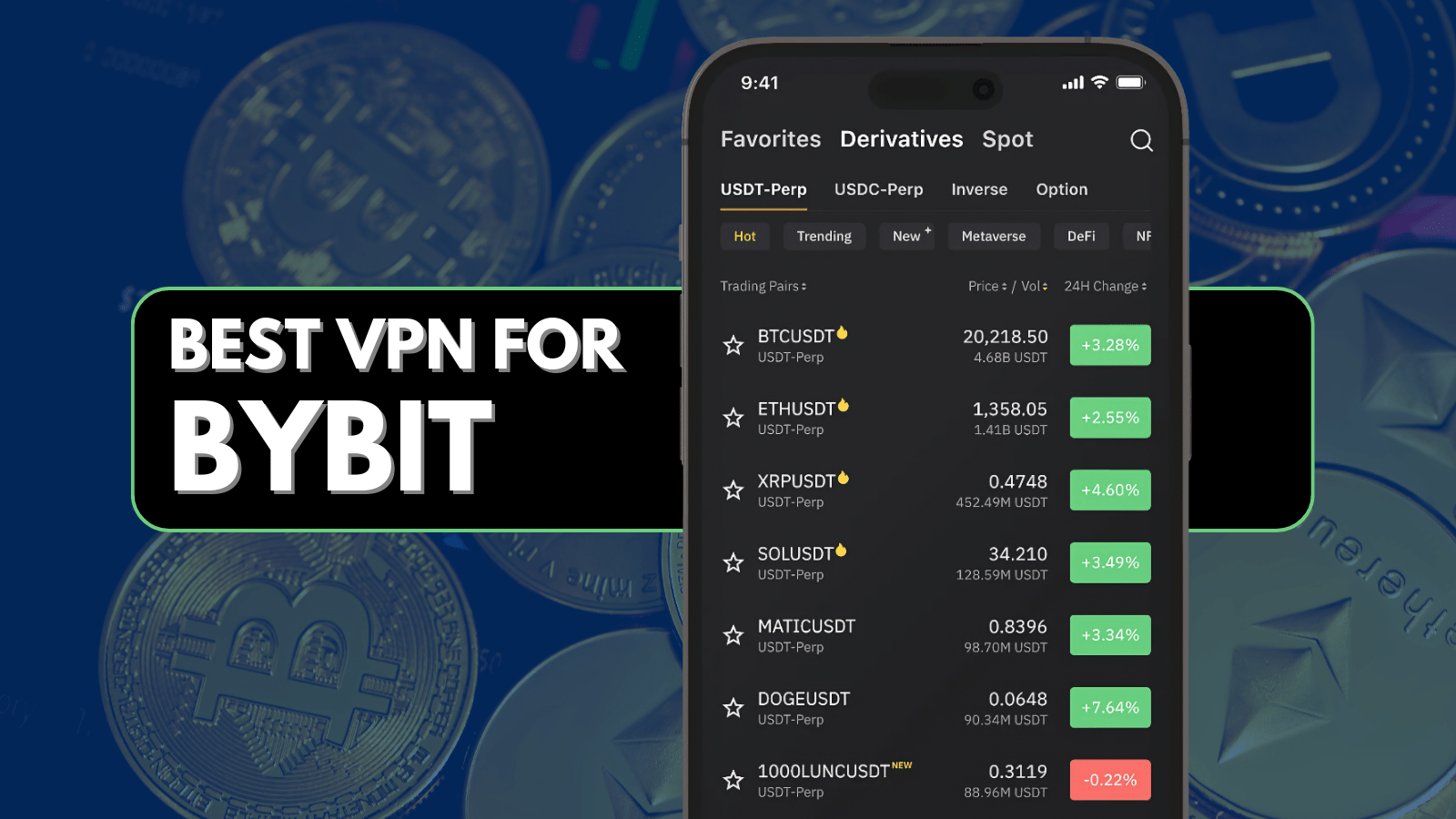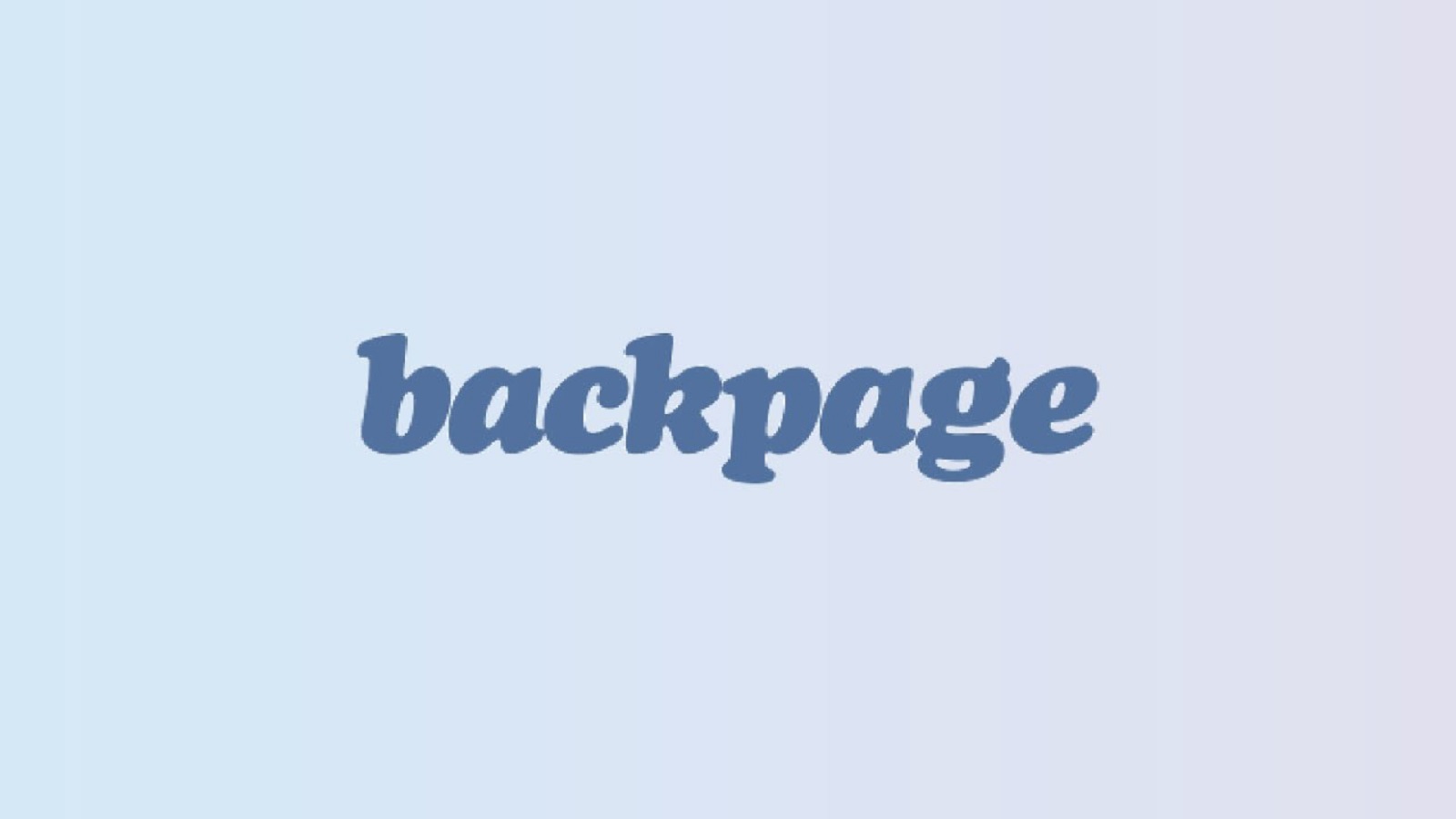
6 Awesome Internet Explorer Alternatives for Internet in 2018
Windows is still the #1 choice in operating systems for computer users around the world. For the longest period in the timeline of Windows, Internet Explorer has come pre-installed on Windows PC/OS. But Internet Explorer is one shining example that you do not need to be among the richest companies in the world to make world-class products.
The fact that Internet Explorer comes pre-installed with Windows, does not make it the best browser out there. There are many well-known and less popular browsers out there that do the job as well as or even better than Internet Explorer. That said, the latest version of Internet Explorer is indeed a very fast experience.
If you are not using Windows 10, there is a thin chance that you will get a taste of Microsoft Edge. So are missing out on the latest Windows browser out there. While the latest Internet Explorer is pretty fast, not many people are using it. What are they using? We will answer this question with ample variety through the course of this article.
Top Recommendations for the Best Internet Explorer Alternatives 2018
Here is a quick walkthrough on the best Internet Explorer alternatives available for you today.
Option #1: Opera
Most users of the internet have known Opera for as long as they have known Internet Explorer. In fact, before the advent of Mozilla Firefox, Opera was the go-to Internet Explorer alternative. And Opera has stood the test of time. Over time, new updates of Opera have come out with cool and contextual features.
Presently, Opera comes with a built-in ad-blocker feature. You can customize the browser interface with lots of available additional filters. The ad-blocker in itself is better than most other external ad blockers that you will find. The latest Blink engine used in Opera makes the browser as fast as the biggies.
The WebKit build of Opera allows it to support all extensions built for Chrome. So you can really use any and every extension built for Chrome on Opera. The video pop-out feature lets you play any video on the top of any new tab you open. The Opera Turbo mode cuts down website load time by almost 50%.
Option #2: Google Chrome
Perhaps the most important and most widely used alternative for Internet Explorer in 2018 is Google Chrome. It is available on just about any device that connects you to the internet. That is an awesome thing because of Chrome’s multi-device sync compatibility. You can simply log in to your Chrome account on any device and retrieve all your passwords, history, form-fills, and logs.
Google Chrome has risen above the rest of the pack of browsers ever since the introduction of Chromebooks. These are Chrome-based laptops for those who use the internet most often. This reflects upon the popularity that Chrome has drawn over the past few years.
At the moment, Google Chrome has a lead over others with more than 60% of market share. Plus, any browser function that you can think of is present as an extension on the Chrome extension store. The one issue with Chrome is that with every new tab, considerable weight is put on the RAM. This makes Chrome a cumbersome application to run on low-on-memory systems.
Option #3: Vivaldi
The Vivaldi was developed and nourished by the ex-CEO of Opera. It was widely reported when the Vivaldi CEO left Opera owing to some developments that he did not agree with. But Vivaldi is a story in its own. It has features that can give any major web browser a run for their money.
The new and improved Vivaldi browser gives you the opportunity to group all open web pages under a single tab. Since Vivaldi is built on WebKit, you can use all of Chrome’s extensions on the browser. This feature also gives Vivaldi an edge over Internet Explorer as the former has stronger support for third-party extensions.
Besides the extensions, Vivaldi packs a number of other power-packed features. You can toggle the image option in the settings and shift tabs to different parts of the browser. If you wish, you can activate the space-saving font mode to load websites even faster.
Option #4: Mozilla Firefox
Before Chrome made it to the bags and pockets of people, there was Firefox. Firefox is a free browser for the free web. As time went by, Firefox morphed itself into an even better browser with lots of terrific features. It is soft on your computer’s memory resources and tough on web threats like adware and malware.
Unlike Internet Explorer, Mozilla Firefox can run just as smoothly with a number of open tabs. Firefox is also a great alternative to Internet Explorer because of the seriousness with which it treats security. All data going out of your system is duly encrypted so no one can find your personal details.
Firefox is better than both Internet Explorer and Chrome when it comes to handling privacy issues. As soon as you restart Firefox, the browser does not restart all the tabs at once. Instead, the tabs load up as and when you start opening them one by one. In this way, Firefox minimizes the load on your browser.
Option #5: Safari
Safari is the default browser in Apple computers and Macbooks. It is pretty popular among Apple users. However, if you are a Windows user, Safari can be a good alternative for you as well. That is because Apple has released a version of the Safari browser for Windows as well.
This is a great opportunity to try out the gamut of Safari features in your Windows system. But you should know that it is not the fastest browser when used outside Apple systems. Nevertheless, Safari has a neat interface and is still fast enough to become a genuine alternative to Internet Explorer. For one, Apple is known to treat your privacy as an important part of your web experience.
Safari is not as customizable as some of the other browsers on the list. But the store of extensions is almost as big as Chrome. This means you can download extensions for different functions on the browser. Furthermore, regular updates mean that the browser is always in crisp shape.
Option #6: Yandex
First released in 2012, the Yandex browser has been showered with praise as its user base has grown steadily. The Yandex browser is based on true-blue security features. Since it is based on the Blink technology, you get all the power to unlock faster speeds and tighter security features. While the interface might not be the most pleasing one aesthetically, the security and utility features are definitely top-rank.
The Yandex security system blocks viruses and other threats from websites that are potentially fraudulent. Besides the top-rated security features, Yandex comes with the bleeding-edge DNSCrypt technology. Yandex encrypts the traffic between the computers and servers of the users.
Once you have established a connection with an Open WiFi network, the browser encrypts all outgoing and incoming traffic. The addition of Opera’s Turbo technology gives the extra boost to the browser. This saves you a lot of time on the instances of heavy websites and slower data connections.
Final Words
Those were our recommendations for the best Internet Explorer alternatives out there. Since most of these are free feel free to try out all your options.
If you enjoyed this article, share it with your friends on the social media.

